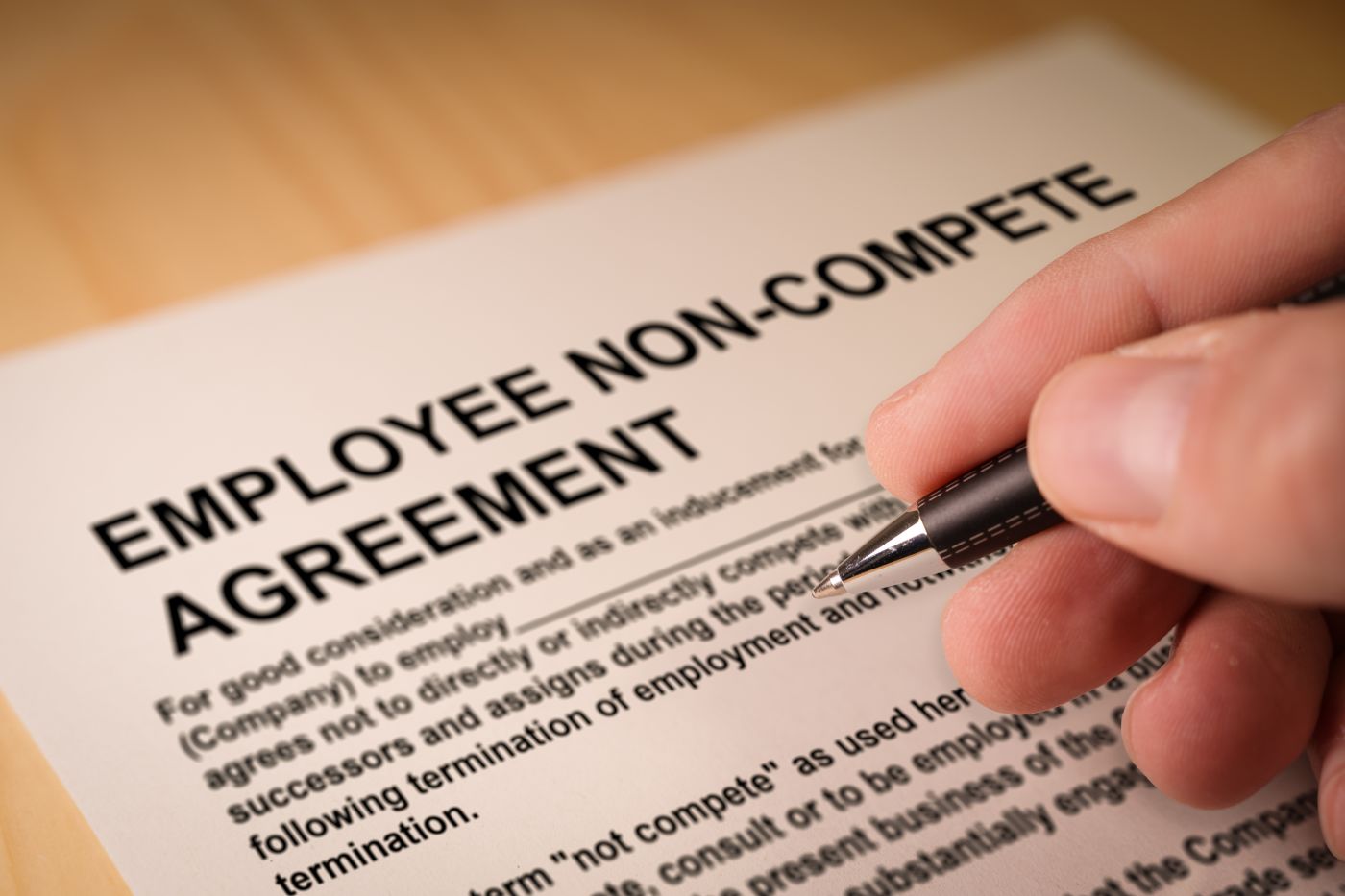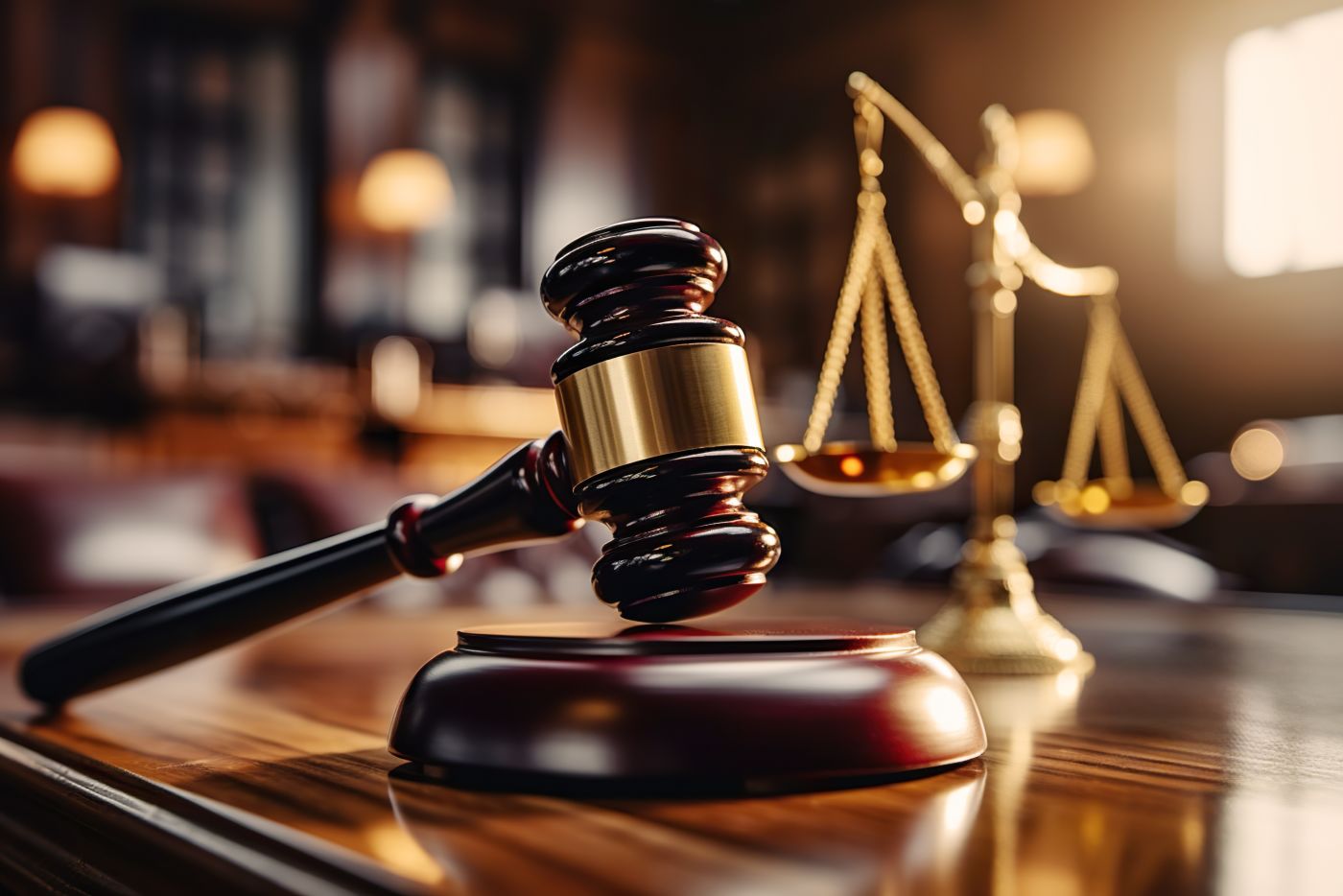
Facing criminal charges is one of the most overwhelming experiences anyone can go through. Whether you're accused of a misdemeanor or a felony, the consequences can have long-lasting effects on your life. However, there are steps you can take to improve your chances of a favorable outcome.
If you find yourself facing criminal charges, don't hesitate to contact a St. Paul criminal defense lawyer at Amicus Law. Our criminal defense lawyer, Attorney Wesley Cornewell, has years of experience providing legal services to clients throughout St. Paul, Minnesota.
Here, we'll provide tips to guide you in making informed decisions and securing the best possible outcome for your criminal case.
Review the Charges Against You
Before you can begin to mount a defense, it's essential to fully understand the charges you're facing. Criminal charges vary in severity and can be classified as either felonies or misdemeanors, each carrying its own potential penalties.
Knowing what you're being accused of, the potential consequences, and the specifics of the law in your jurisdiction can help you better prepare.
Request specific details: Ask your attorney to explain the exact nature of the charges, including the statutes you're accused of violating.
Learn the potential penalties: Different charges carry different penalties. Knowing whether the offense could lead to jail time, probation, fines, or a criminal record is important for understanding the severity of your case.
Consider all legal options: In some instances, criminal charges may be negotiable, and you might be able to have them reduced or dismissed. Your lawyer can help identify the best course of action for your case.
Once you have an understanding of your charges, it's crucial to reach out to a St. Paul criminal defense lawyer.
Hire an Experienced Criminal Defense Attorney
Having legal representation is vital for handling the challenges of the legal system. A skilled St. Paul criminal defense lawyer can evaluate the evidence, identify weaknesses in the prosecution’s case, negotiate plea deals, and represent you in court.
Do your research: Take the time to find a St. Paul criminal defense lawyer lawyer who has a strong track record of handling cases similar to yours. A lawyer with specific experience in your type of case will be familiar with the local court system.
Don’t wait: As soon as you're charged, seek legal counsel immediately. Even if you think the charges are minor, your St. Paul criminal defense lawyer can guide you through the process, protect your rights, and advise you on how to respond to the charges.
Trust your lawyer: Be open and honest with your St. Paul criminal defense lawyer. You need to share all the facts of your case so they can build the best possible defense for you.
After criminal charges are filed, it’s essential to be very careful about what you say and to whom.
Avoid Discussing Your Case Publicly
Anything you say to friends, family, or on social media can be used against you in court. Even well-meaning statements can be twisted or taken out of context to damage your defense. That said, consider:
Limiting social media activity: Avoid discussing the case on social media platforms. Prosecutors and investigators may monitor your online presence, and anything you post could potentially be used as evidence.
Not talking to anyone about the case: You may feel the urge to confide in friends or family, but keep in mind that anything you say could be overheard or shared with others, including the police. Your attorney is the only person with whom you should discuss the specifics of your case.
While refraining from discussing your case publicly is essential to protect your defense, it's equally important to understand your legal rights to make sure you're treated fairly and avoid inadvertently compromising your case.
Know Your Rights
At every stage of your case, it's crucial to understand your constitutional rights. In particular, reviewing your Miranda rights, the right to remain silent, and the right to legal counsel can help protect you from self-incrimination.
The right to remain silent: You don’t have to answer questions from law enforcement officers or prosecutors without your attorney present. If you're arrested, you should invoke your right to remain silent and ask for an attorney immediately.
The right to a fair trial: You have the right to a trial by jury and the right to be presumed innocent until proven guilty. Your attorney can help make sure that your rights are upheld throughout the process to the best of their ability.
Protection from unlawful search and seizure: Law enforcement must have probable cause or a warrant to search you or your property. If evidence was obtained in violation of your rights, your attorney may be able to have it excluded from the case.
In addition to knowing your rights, actively gathering evidence and documentation is crucial, as it allows you to build a solid defense and helps make sure that all relevant information is available to support your case.
Gather Evidence and Documentation
The more evidence you have, the better your chances of securing a favorable outcome. Some types of evidence your St. Paul criminal defense lawyer may gather include:
Witnesses: If anyone was present during the alleged crime, they may be able to provide crucial testimony on your behalf. Your attorney will help identify and interview potential witnesses.
Surveillance footage: Security cameras, dash cams, or even smartphones may have recorded the events in question. Your lawyer can assist in obtaining any relevant video or photographic evidence.
Physical evidence: If there's any physical evidence that can support your case, such as DNA or fingerprints, it’s essential that this evidence is collected and preserved properly. Your lawyer can help make sure that it's presented effectively.
Documentation: Any documents, texts, emails, or records that pertain to your case should be preserved. These could include contracts, medical records, or correspondence related to the incident.
Depending on the evidence available, it may be in your best interest to accept a plea deal rather than face trial.
Consider the Impact of a Plea Deal
A plea deal is an agreement in which you plead guilty to a lesser charge in exchange for a reduced sentence.
While this may not always be the ideal outcome, it can be a pragmatic choice in certain circumstances.
Consult your attorney: Your St. Paul criminal defense lawyer can help you assess whether a plea deal is in your best interest. They'll weigh the risks of going to trial against the certainty of a plea deal and advise you on the most strategic approach.
Understand the consequences: Before agreeing to a plea deal, make sure you fully understand the consequences, including the potential sentence, the effect on your criminal record, and whether you'll have the opportunity for expungement in the future.
Know the benefits: Plea deals often lead to reduced sentences, less publicity, and sometimes the ability to avoid jail time altogether. In some cases, accepting a plea deal may allow you to move forward with your life sooner.
Whether you've decided to move forward with a plea deal with your St. Paul criminal defense lawyer or not, preparation is key if your case goes to trial.
Prepare for Court
Your St. Paul criminal defense lawyer may guide you through each step of the process, but there are things you can do to help make sure you're ready for the courtroom.
Dress appropriately: Courtroom appearances require a level of formality. Dressing in conservative, professional clothing shows respect for the judicial process and can leave a positive impression on the judge and jury.
Be on time: Arriving late to court can create a negative impression, so make sure you arrive well ahead of time.
Stay calm and composed: Courtrooms can be stressful, but it’s important to stay calm and respectful at all times. Follow your attorney’s advice on how to behave and respond during the trial.
If you're convicted of the crime you've been charged with, the sentencing phase will follow.
Be Prepared for Sentencing
Depending on the nature of the charges and the plea deal or trial outcome, the judge may impose a sentence that includes jail time, probation, fines, or other forms of punishment.
Mitigating factors: Your St. Paul criminal defense lawyer may present mitigating factors during sentencing to argue for a lighter sentence on your behalf. These can include your criminal history (or lack thereof), your ties to the community, and your role in the offense.
Speak with your attorney: If a conviction seems likely, you should work with your attorney to prepare a sentencing strategy. This could involve character references, statements of remorse, or proof of rehabilitation efforts.
If you're convicted and believe the verdict was unjust, you may have the option to appeal.
Appeal If Necessary
An appeal involves asking a higher court to review the case for legal errors or procedural mistakes that may have influenced the outcome.
Not every conviction is eligible for appeal. However, if your rights were violated, if improper evidence was introduced, or if there was an error in the jury instructions, you may have grounds for an appeal.
Facing criminal charges is an overwhelming experience, but reviewing the legal process and taking the right steps can help you manage the situation and protect your future.
Hiring an experienced St. Paul criminal defense lawyer, understanding your rights, gathering evidence, and being strategic in your approach can all make a significant difference in the outcome of your case.
Contact a Criminal Defense Lawyer Today
If you've been charged with a crime in St. Paul, Minnesota, it's in your best interest to reach out to an experienced criminal defense lawyer at Amicus Law. Contact our firm today to schedule a consultation.



